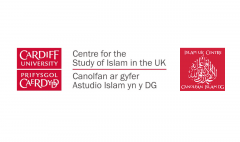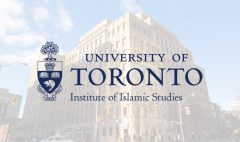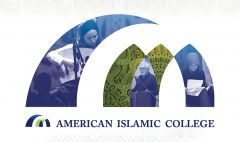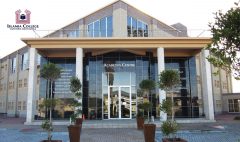Mediating Islam in the Digital Age (MIDA)
April 29, 2019 2023-06-12 14:47Mediating Islam in the Digital Age (MIDA)
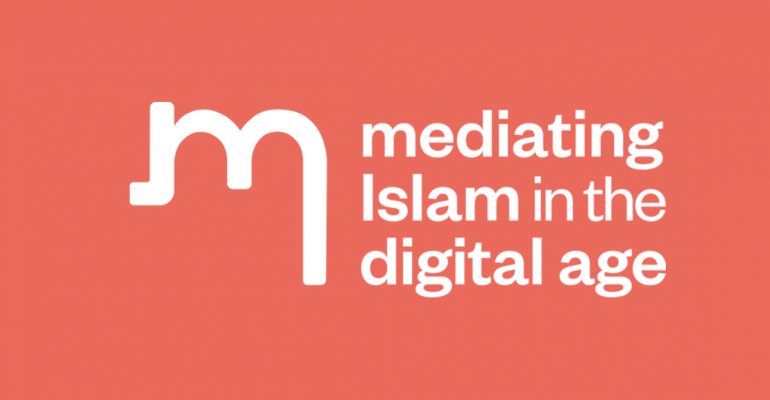
Mediating Islam in the Digital Age (MIDA)
Present issues and past experiences of technological revolutions
The Innovative Training Network programs (ITN) are designed to combine scientific research with an intensive training trajectory for young scholars in order to equip them with the necessary comprehensive knowledge and skills. These researchers work in an inter-sectoral, interdisciplinary and international environment to deepen their knowledge and to find answers to pressing contemporary societal issues. An international consortium of research institutes, universities and non-academic partners has been awarded with a research grant from the Department for Research and Innovation of the European Commission in June 2018.
MIDA is coordinated by the ‘Centre National de la Recherche Scientifique’ (CNRS) in Paris.
The MIDA project rests on the premise that digitization and technological innovations have a tremendous impact on Islam, the effects of which are diverse and ubiquitous. They include first and foremost modes of expression and communication of religious messages and traditions and modes of engagement with society. Digitization and concurrent innovations as they emerged in the past decades belong to the list of comparable fundamental technological transformations in human history such as the invention of paper, printing technology, steam power, electricity and telecommunication, which constituted major upheavals, even if these were not experienced in all societies and by everyone at the same time, in the same way.
It is commonly recognized that the digital revolution will indeed deeply transform human societies, much as the industrial revolution did in the nineteenth century. However, the rapid changes that are currently taking place generate a sense of loss of control and instability among the general public, politicians, journalists, academics, and, not least, among Muslims themselves. The spread of modern digital media and new technologies of communication, production and dissemination, prompts researchers and social actors, Muslims and non-Muslims alike, to make sense of, and understand these developments. Consequently, they have shaken up Islam as a field of academic study and have impacted on the ways Islam is to be studied in the future. The specificity of the current digital revolution calls for a re-evaluation of past situations and reflection on future prospects.
Website: https://www.itn-mida.org/


